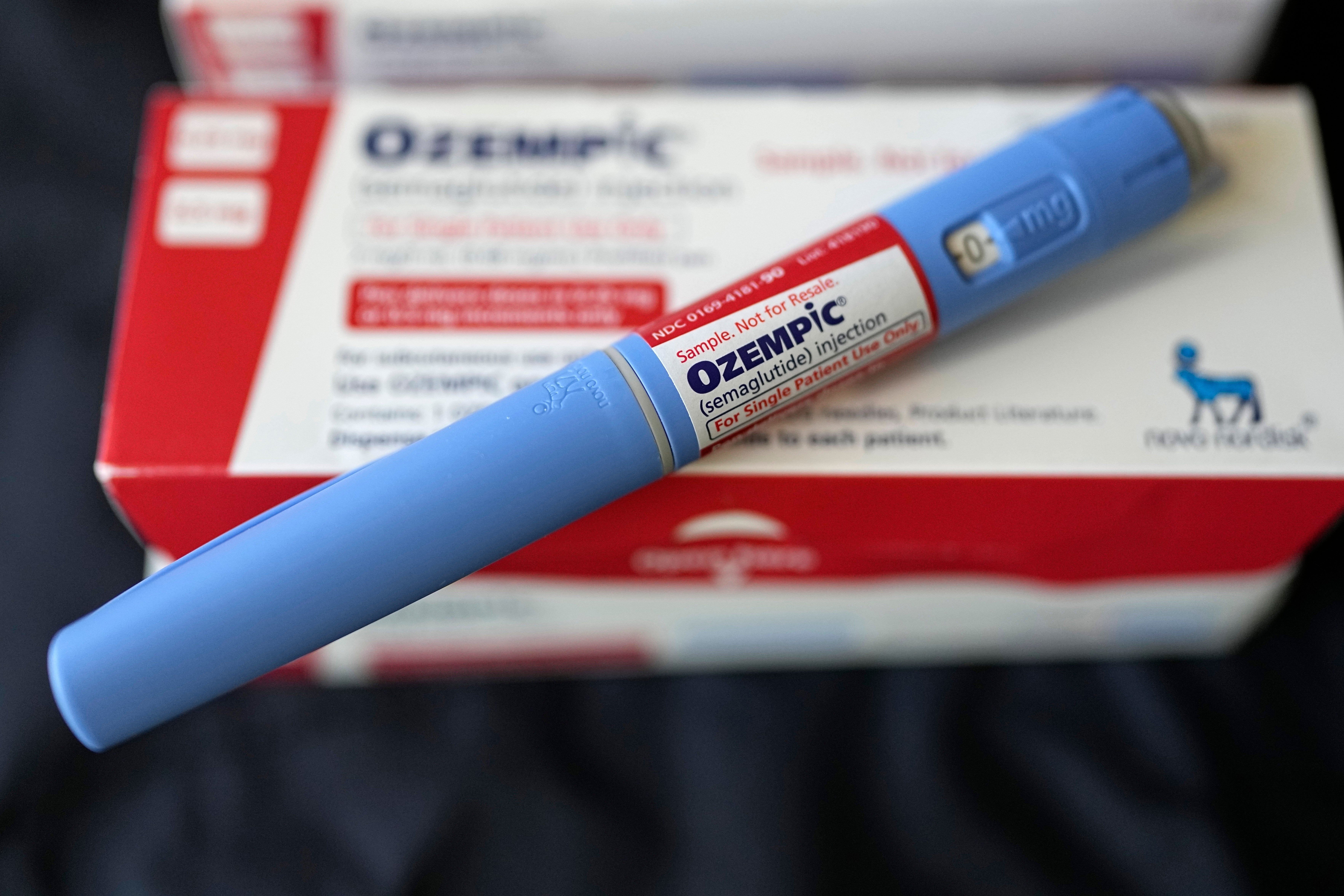US challenges 'bogus' patents on Ozempic and other drugs in effort to spur competition
The Federal Trade Commission is challenging patents on 20 brand name drugs, including the blockbuster weight-loss injection Ozempic

Federal regulators are challenging patents on 20 brand name drugs, including the blockbuster weight-loss injection Ozempic, in the latest action by the Biden administration targeting industry practices that drive up pharmaceutical prices.
The Federal Trade Commission on Tuesday sent warning letters to 10 drugmakers, taking issue with patents on popular drugs for weight loss, diabetes, asthma and other reparatory conditions. The letters allege that certain patents filed by Novo Nordisk, GlaxoSmithKline, AstraZeneca and seven other companies are inaccurate or misleading.
Brand-name drugmakers use patents to protect their medicines and stave off cheaper, generic medicines. Most blockbuster drugs are protected by dozens of patents covering various ingredients, manufacturing processes and intellectual property. Generic drugmakers can only launch their own cheaper versions if the patents have expired or are successfully challenged in court.
“By filing bogus patent listings, pharma companies block competition and inflate the cost of prescription drugs, forcing Americans to pay sky-high prices for medicines they rely on,” said FTC Chair Lina Khan, in a statement.
Ozempic is part of a class of drugs that were originally developed to treat diabetes but which have recently been approved to treat obesity, generating a surge in prescribing. Medicare spending on the drugs has also spiked in recent years.
The drug's manufacturer, Novo Nordisk, declined to comment.
FTC's latest announcement follows a similar action in September when regulators challenged more than 100 patents held by drugmakers, including Abbvie, AstraZeneca and Boehringer Ingelheim.
Companies receiving the letters have 30 days to withdraw or update their patent listings, or “certify under penalty of perjury” that they are legitimate, according to the FTC. The patents are registered with the Food and Drug Administration, which reviews and approves new drugs.
The patent challenges are part of a strategy by President Joe Biden to bring down drug prices, including allowing Medicare to negotiate with drugmakers and permitting states like Florida to import cheaper drugs from other countries.
___
The Associated Press Health and Science Department receives support from the Howard Hughes Medical Institute’s Science and Educational Media Group and the Robert Wood Johnson Foundation. The AP is solely responsible for all content.
Bookmark popover
Removed from bookmarks